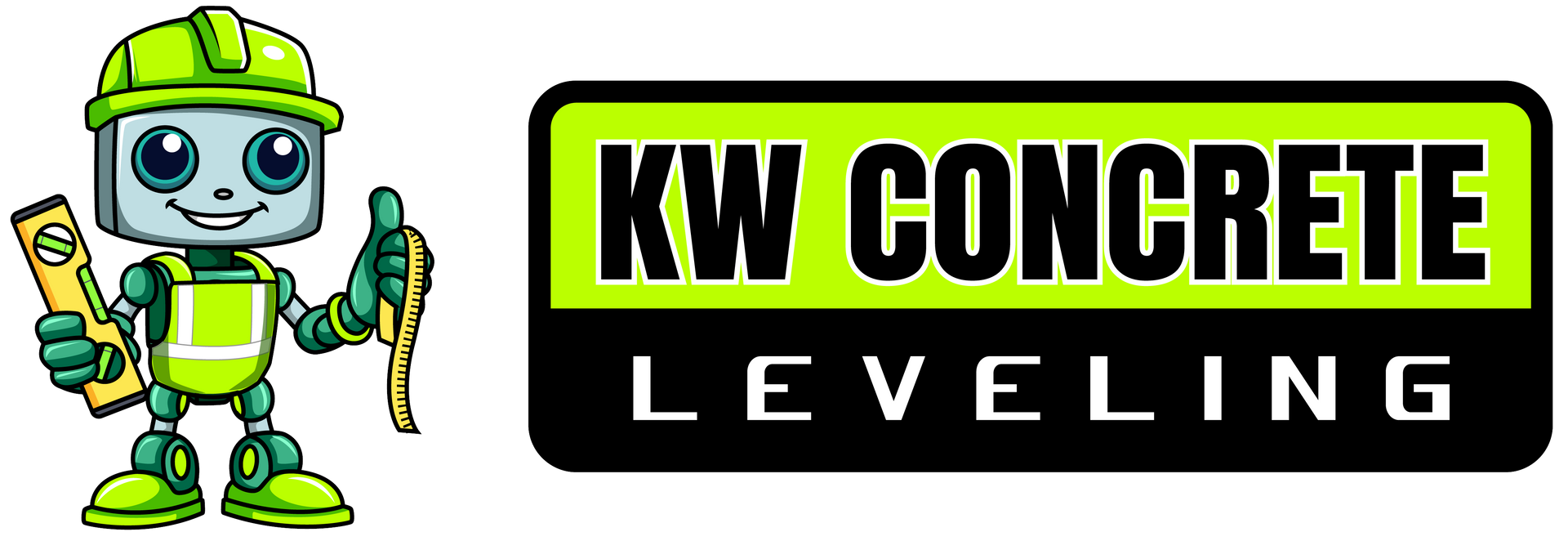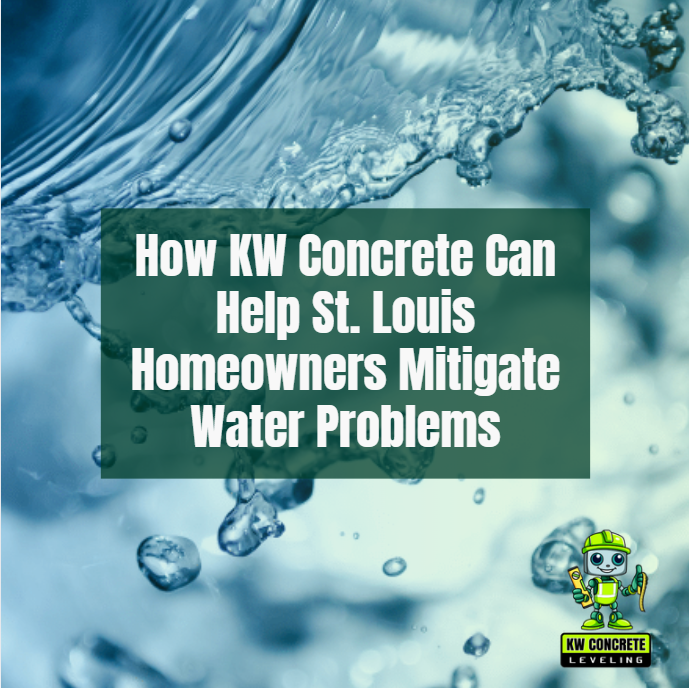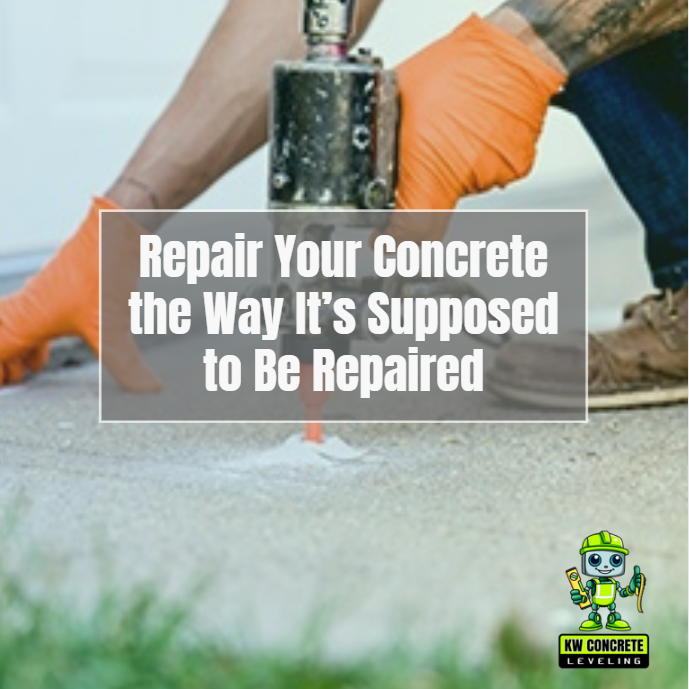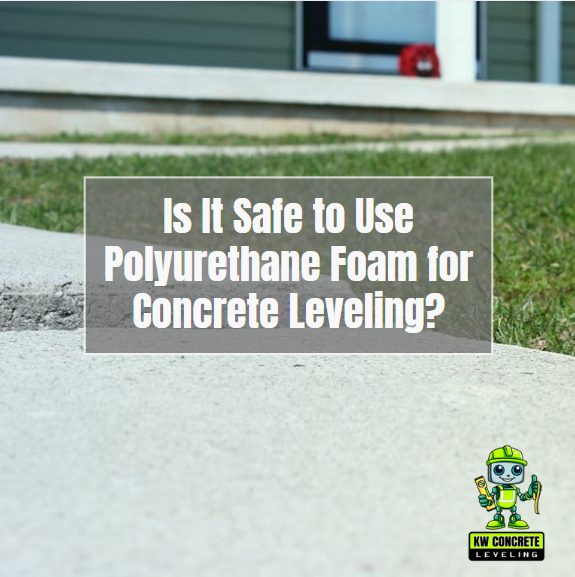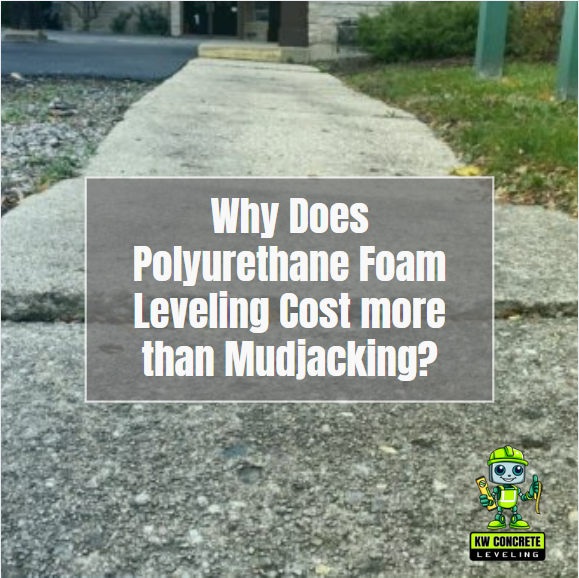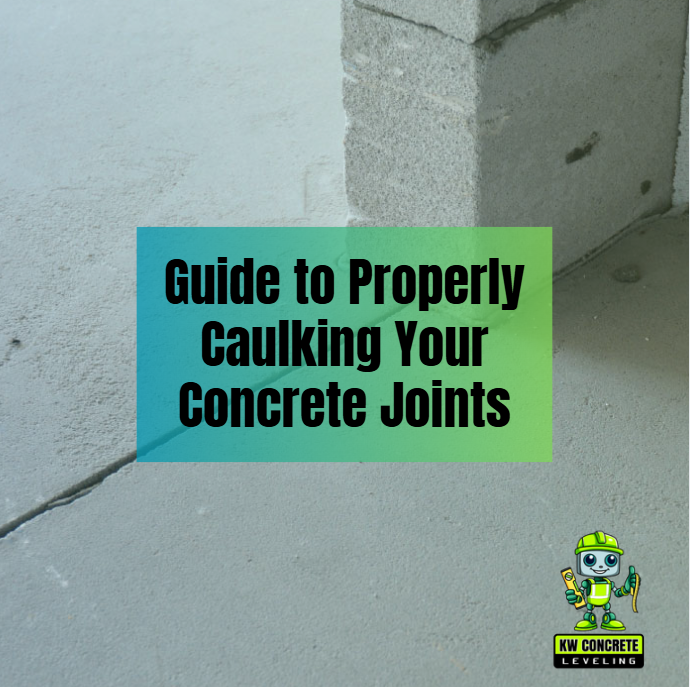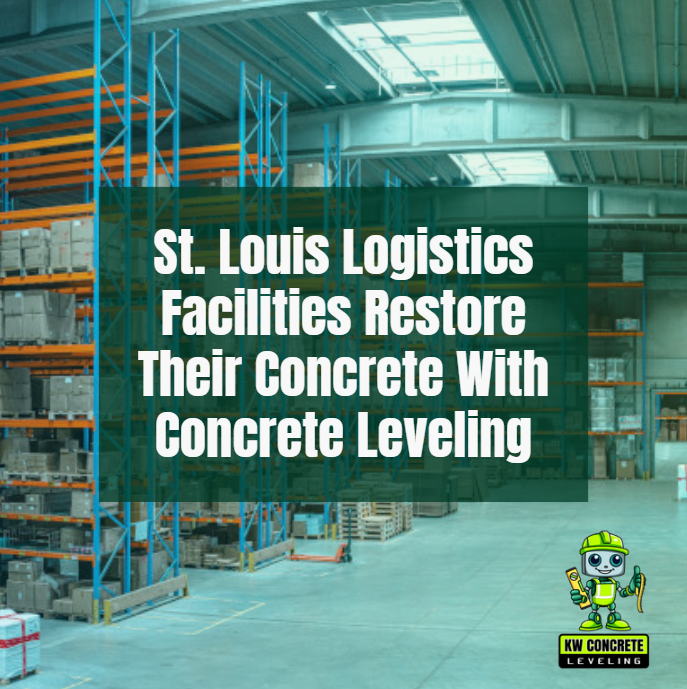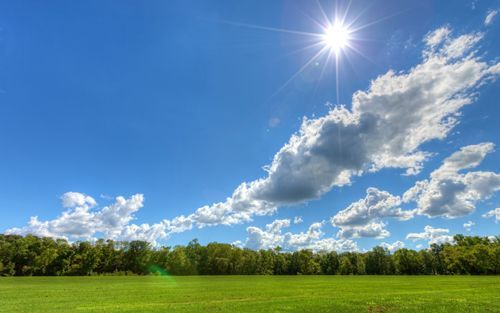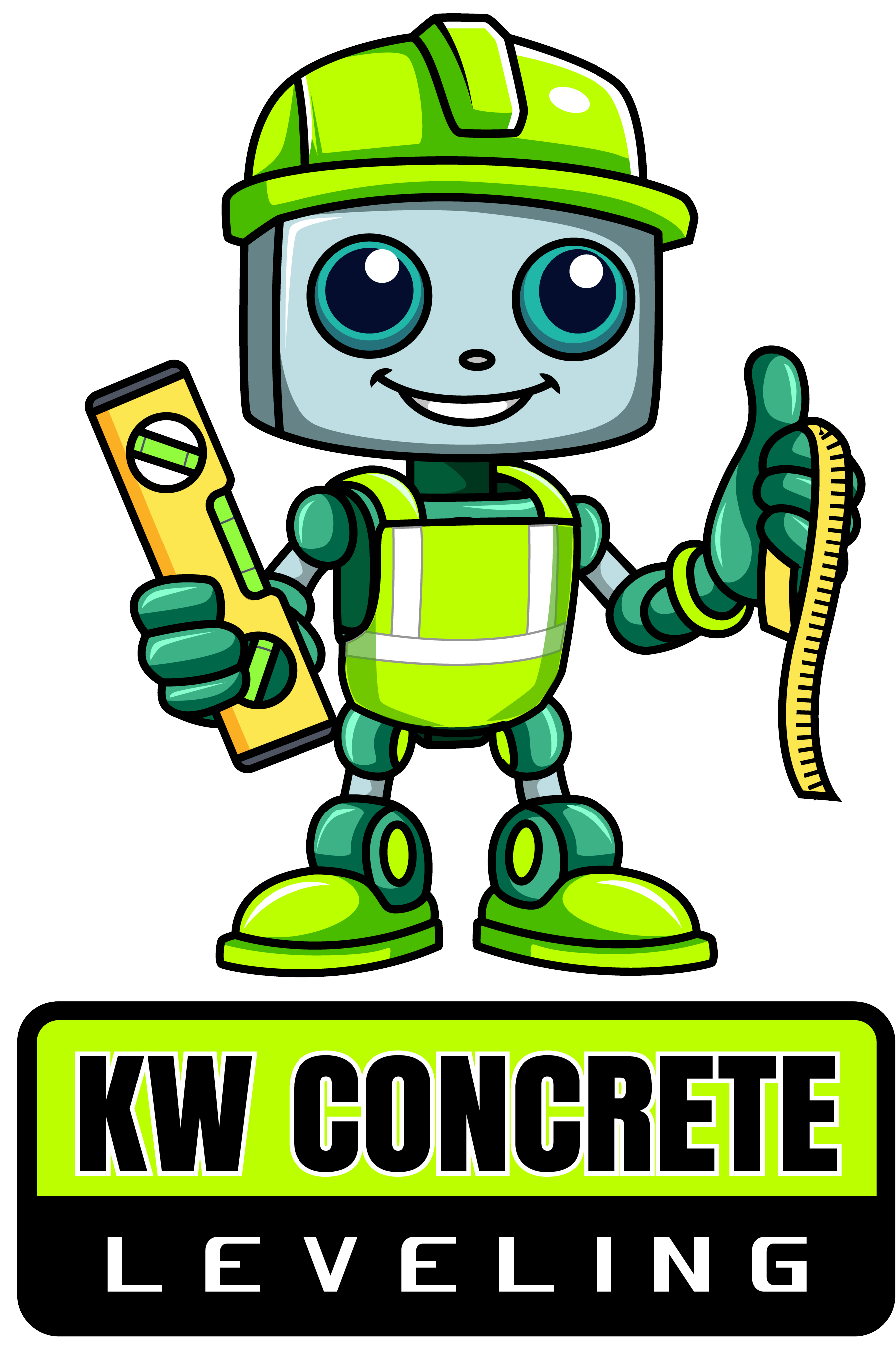How can St. Louis clay soil impact your concrete?
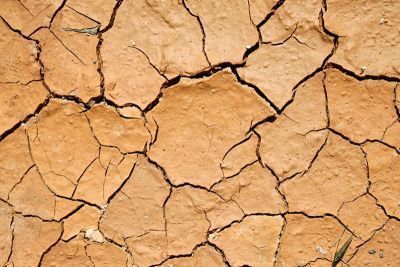
The type of soil beneath the concrete is crucial to its durability. The clay soil in St. Louis can affect concrete structures like driveways, patios, pool decks, and foundations.
At
KW Concrete Leveling, we know the challenges of this type of soil firsthand and know how to deal with it. This blog explores the unique qualities of St. Louis clay soil, how it affects concrete, and how to prevent future damage so your concrete stays level.
What is Clay Soil?
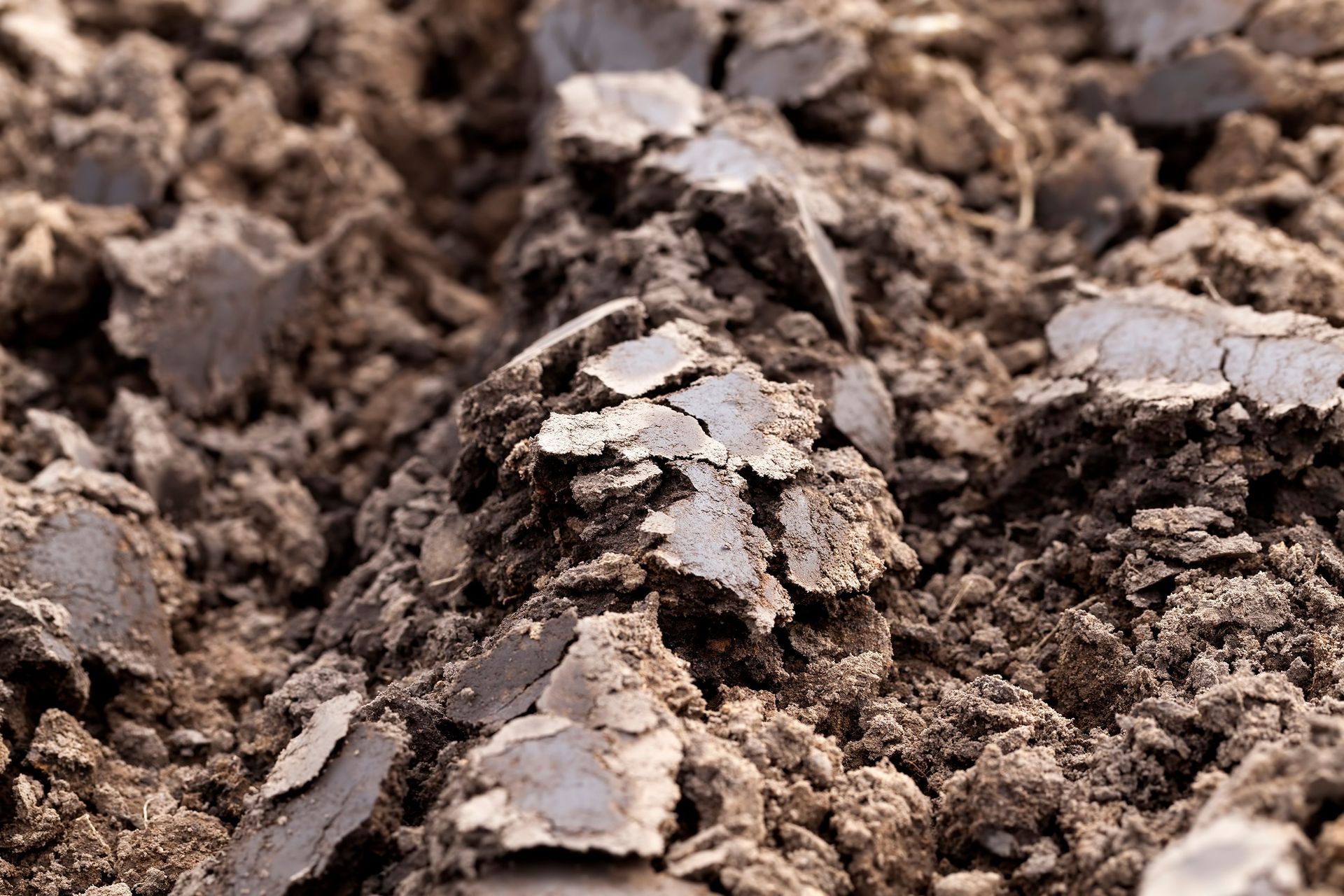
Clay soil is a fine grained soil that contains tiny particles produced by weathering rocks and minerals. It is known for holding water, bursting when wet and shrinking when dry.
These properties make it unpredictable and difficult to build with, especially on concrete surfaces.
- High Water Retention: Clay soaks up water and swells.
- Low Permeability: Clay drains poorly, so water becomes saturated and unstable.
- Shrink-Swell Behavior: As clay alternates between wet and dry states, it expands and contracts, moving soil.
At KW concrete Leveling, we know that these properties can cause uneven Concrete surfaces and structural problems, so proactive soil management is essential.
Finding out if your property has clay soil is the first step toward preventing concrete problems. Common methods to identify it include:
- Texture Test: Clay soil is sticky when wet and hard when dry.
- Ribbon Test: Roll wet soil between your fingers. Clay soil may form a long, continuous ribbon without breaking.
- Water Drainage Observation: Water pooling on the ground after rain is usually a sign of poor drainage - which is typical of clay soil.
- Professional Soil Testing: At KW concrete Leveling, we recommend having professional soil analysis done to confirm the composition and identify the risks to your Concrete.
Soil in St. Louis has a geological past, and clay-rich deposits from rivers and glaciers give the soil its characteristic characteristics. This makes St. Louis soil particularly difficult to level and install concrete.
What makes St. Louis clay soil different:
- Extreme Shrink-Swell Potential: The clay here changes in volume with moisture change.
- Freeze-Thaw Sensitivity: Seasonal temperature changes cause more soil movement and more stress on concrete structures.
- High Water Content: St. Louis clay soil is poor at draining water, so it can hold water for days and weakens the strength of concrete foundations.
Here at KW Concrete Leveling, we treat these special conditions to protect your Concrete surfaces.
St. Louis clay soil can have several negative effects on concrete. The most common issues are outlined below:
- Compressive strength Clay soil shifts under pressure, reducing the compressive strength of concrete. This can cause cracks, uneven surfaces and reduced structural integrity over time.
- Shrinkage When clay soil dries, it pulls away from concrete. This shrinkage creates voids beneath the concrete and causes it to settle unevenly.
Even though St. Louis clay soil presents a unique challenge, you can protect your concrete. KW Concrete Leveling recommends the following strategies:
- Make Sure soil is compacted properly Before pouring concrete, make sure the Soil is compacted properly. Compact soil is less likely to shift or settle out of place over time.
- Manage Water Sources Water management can help reduce the impact of clay soil on your concrete. Steps include:
Install Effective Drainage Systems: Gutters, downspouts, and French drains divert water away from concrete foundations.
Landscaping Considerations: Make sure that landscaping and irrigation systems aren't adding to the soil oversaturation.
- Soil Stabilize If you're building a new construction project, let the Soil settle out before installing concrete. This reduces the likelihood of post-construction movement.
Trust KW Concrete Leveling for Your Concrete Needs
St. Louis clay soil is tricky - it takes experience and expertise. At KW Concrete Leveling, we diagnose and fix concrete problems caused by unstable soil.
We can repair cracked driveways, level uneven sidewalks or protect your foundation.
Knowing the characteristics of St. Louis clay soil and taking steps to remedy the problem can help keep your concrete structures level for years to come.
Contact KW Concrete Leveling today to learn more about our services or to schedule a consultation.
Share This post with others!
Call For An Estimate!

